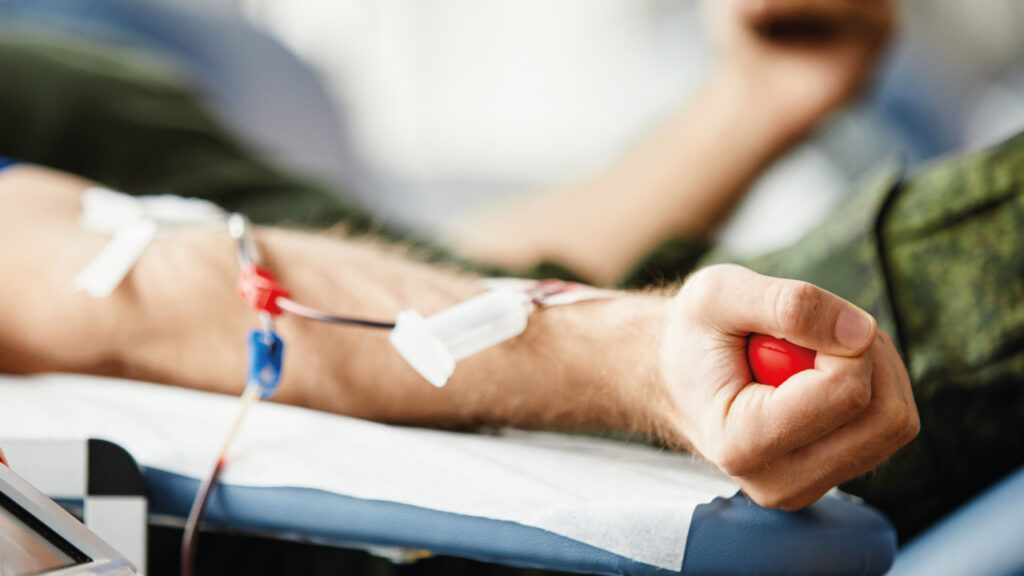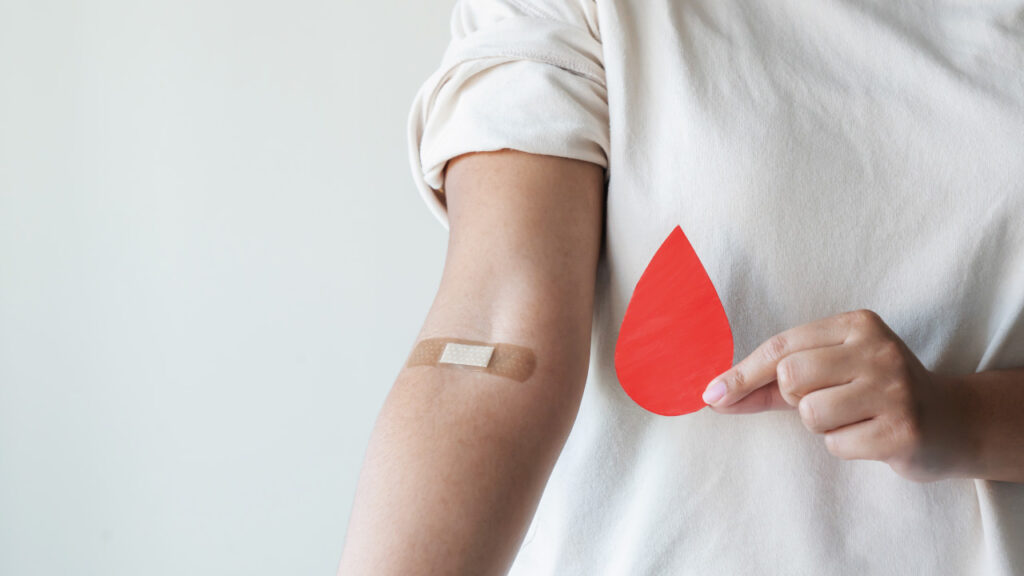A simple act, but one of gigantic importance that can literally save lives. Every day, in hospitals and health centers, people depend on this gesture to survive. But how does it work? Who can donate? What are the rights and duties of a donor?
The importance of donating blood
Human blood is irreplaceable and there is no technology or laboratory capable of replicating it. That’s why it depends entirely on the solidarity of those who decide to donate. It is used in transfusions, surgeries, cancer treatments, accidents and, believe me, blood reserves need to be constantly renewed. Did you know that a single donation can save up to three lives?
Who can donate blood?
To be a blood donor, you need to:
- Be between 18 and 65 years old. If you’re a regular donor, you can continue until you’re 60, or 65 in specific cases
- Be at least 50 kg
- Be healthy, without blood-borne diseases such as HIV or hepatitis
- Have healthy habits and avoid risky behavior.
Who can't donate blood in Portugal?
There are situations that can prevent donation, either temporarily or permanently:
- Had a tattoo or piercing less than four months ago
- Has recently undergone surgery, including dental surgery (less than three months)
- You are pregnant or breastfeeding (less than 12 months)
- Received a blood transfusion after 1980
- You have been diagnosed with chronic or infectious diseases (such as insulin-dependent diabetes or malaria)
- Had a new sexual partner in the last 6 months, without knowing their health history.
Each case will be assessed during the clinical screening carried out before the donation.

How to donate blood
Before donating, the donor must:
- Identify yourself with a valid document
- Undergo a medical assessment, which includes measuring blood pressure, testing hemoglobin levels and filling out a health questionnaire
- Be well fed and rested.
Blood donor rights
- Centro de Sangue e da Transplantação do Porto
Rua do Bolama, n.º 133, Porto
Opening hours: Monday to Saturday, from 8 a.m. to 7.30 p.m.
Blood donor rights
On the other hand, the donor must:
- Provide true and complete information about your state of health
- Formalize consent in writing by filling in the form approved by the public body responsible
- Respect the intervals between donations (three months for men and four months for women)
- Comply with medical guidelines before and after donation.
You can find all the rights and duties of a blood donor in the Blood Donor Statute, in the Diário da República.
Where can I donate blood?
You can donate blood at fixed collection centers or in mobile units that travel to various locations. You can find these locations, available from north to south of the country, at Dador.pt.
How to request sick leave
Sick leave is issued exclusively by authorized entities, such as:
- NHS health centers (generally by family doctors)
- Hospitals (except emergency services)
- Permanent Assistance Services (SAP)
- Drug addiction prevention and treatment services.
What if you need transportation to go to a health unit to claim your sick leave? You can count on Ambula to take you there safely.
Where to donate blood in Lisbon?
- Centro de Sangue e da Transplantação de Lisboa
Av. do Brasil, n.º 53, Lisboa
Opening hours: Monday to Saturday, from 8 a.m. to 7.30 p.m.
Where to donate blood in Porto?
- Centro de Sangue e da Transplantação do Porto
Rua do Bolama, n.º 133, Porto
Hours: Monday to Saturday, from 8 a.m. to 7:30 p.m.
The National Sngue Donor Card
This card records all your donations, registered in the database of the Portuguese Institute of Blood and Transplantation (IPST, IP) and facilitates access to the benefits provided. It can be consulted on the SNS 24 App, where you’ll find information such as your national donor number, blood group and the dates and locations of donations.
The most common questions about donating blood
Yes, as long as at least four months have passed since the event.
Eat a light meal and avoid fatty foods.
No, if the transfusion took place after 1980.
You must weigh at least 50 kg.
Type O negative. Also known as a universal donor.
Men: every three months. Women: every four months.
Up to the age of 65, under specific conditions.
There are four main blood groups: A, B, AB and O. Each group can be Rh positive (+) or negative (-), making a total of eight different blood types (A+, A-, B+, B-, AB+, AB-, O+ and O-).




